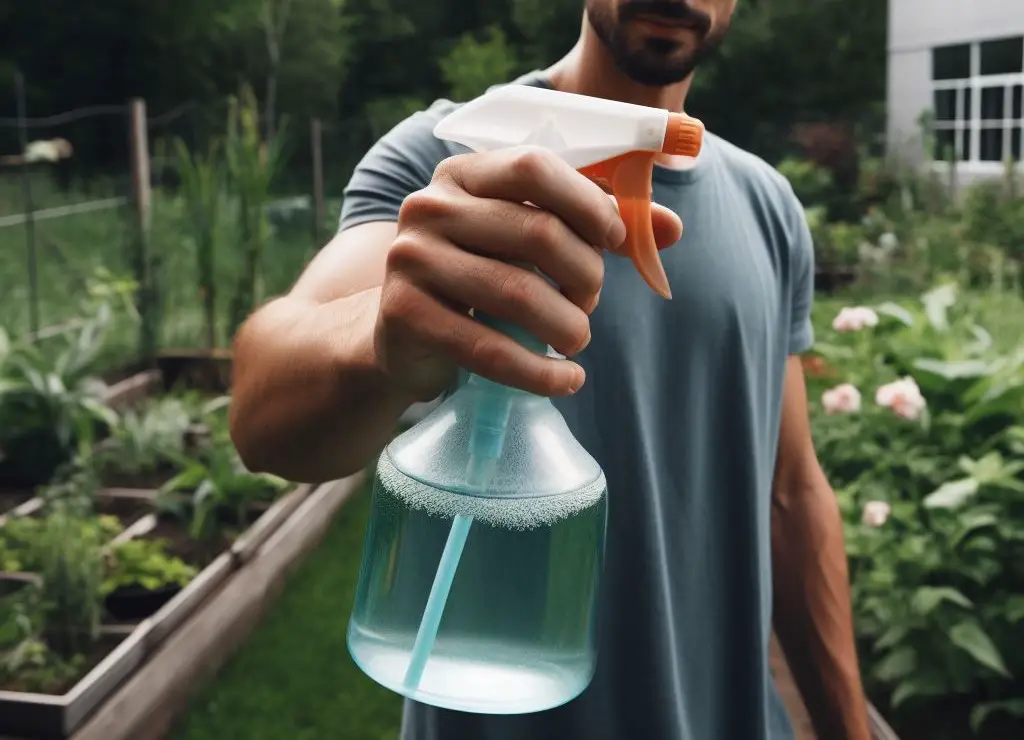Introduction
Dealing with pests in your garden can be frustrating, but chemical pesticides aren’t always the best solution. Organic pest control methods offer a safer and more environmentally friendly approach. Not only do these methods protect your plants, but they also contribute to a healthier ecosystem. In this article, we’ll explore various organic pest control techniques to help you safeguard your garden naturally.
Why Choose Organic Pest Control?
Chemical pesticides can harm beneficial insects and the overall soil health, but organic methods work with nature to keep pests under control. Organic pest control isn’t just better for your garden; it also supports a healthier environment for birds, bees, and other vital creatures. Plus, it’s a great way to save money and learn more about sustainable gardening.
1. Companion Planting
Companion planting is a technique where you strategically plant certain crops together to deter pests. Some plants naturally repel pests, while others attract beneficial insects that prey on pests. By incorporating companion planting into your garden, you can create a natural pest control system. Here are some examples of companion plants:
| Companion Plant | Pest Deterred |
|---|---|
| Marigolds | Nematodes, aphids, whiteflies |
| Basil | Mosquitoes, flies, tomato hornworms |
| Lavender | Moths, fleas, mosquitoes |
By interplanting these companion plants with your vegetables or flowers, you can naturally repel pests and attract beneficial insects.
2. Attracting Natural Predators
Let nature do the work for you by inviting natural predators into your garden. These friendly insects and animals help control pest populations:
- Ladybugs: Love feasting on aphids and mites.
- Praying Mantises: Eat a wide range of common garden pests.
- Nematodes: Parasitic worms that attack soil-dwelling pests.
- Birds: They help reduce slugs, snails, and insects.
- Beneficial Wasps: Parasitize caterpillars and aphids, keeping their numbers in check.
Encourage these natural allies by planting native flowers, setting up birdhouses, or installing insect hotels.
3. Homemade Pest Sprays
Create your own eco-friendly pest sprays using everyday ingredients. These recipes are easy to mix and safe to use on most plants:
- Garlic Spray: Blend garlic cloves with water and a few drops of dish soap to repel aphids and other soft-bodied insects.
- Neem Oil Spray: Mix neem oil with water and liquid soap; it’s effective against aphids, mites, and caterpillars.
- Chili Pepper Spray: Combine chopped chili peppers with water and dish soap to deter both insects and larger pests like rabbits and deer.
- Soap Spray: Mix liquid soap with water to suffocate pests like aphids and mealybugs.
Always test a small area of your plant before applying these sprays to avoid any potential damage.
4. Using Physical Barriers
Creating physical barriers can prevent pests from reaching your plants. Here are some methods you can try:
- Row covers: These lightweight fabric covers protect plants from flying insects.
- Netting: Use netting to keep birds, rabbits, and other larger pests away from your garden.
- Copper tape: Place copper tape around pots or raised beds to deter slugs and snails.
- Collars: Place collars made of cardboard or plastic around the base of young plants to protect them from cutworms.
Physical barriers are especially useful for protecting vulnerable plants during their early growth stages.
5. Crop Rotation for Long-Term Health
Crop rotation is a practice where you change the location of crops each season. This helps disrupt pest life cycles and reduces the buildup of pests in the soil. By rotating crops, you can prevent pests from becoming established and reduce the need for chemical interventions. Here are some tips for successful crop rotation:
- Group plants with similar pest vulnerabilities together.
- Avoid planting the same family of crops in the same location year after year.
- Include cover crops in your rotation plan to improve soil health and suppress weeds.
- Keep a record of your crop rotation schedule to ensure proper rotation over the years.
Crop rotation is an effective long-term strategy for pest control and maintaining soil fertility.
Frequently Asked Questions
Q: Are organic pest control methods as effective as chemical pesticides?
A: While organic pest control methods may require more effort and time, they can be just as effective as chemical pesticides when implemented correctly. It’s important to remember that organic pest control focuses on long-term solutions and maintaining a balanced ecosystem in your garden.
Q: Can companion planting attract pests?
A: While companion planting can attract beneficial insects, it is possible for certain plants to attract pests as well. It’s important to monitor your garden regularly and take appropriate action if you notice an increase in pest activity.
Q: How often should I apply homemade pest sprays?
A: The frequency of application will depend on the severity of the pest problem and the specific spray you are using. In general, it is recommended to apply homemade pest sprays every 7-10 days or after rainfall. Be sure to follow the instructions for each spray recipe.
Q: Can physical barriers harm beneficial insects?
A: Physical barriers like row covers and netting can potentially restrict the movement of beneficial insects. To minimize harm, consider removing the barriers during periods when beneficial insects are most active, such as early morning or late evening.




